Testing and Reporting on the Performance of Retanol Screeds
For PCT Chemie UK, attention to detail and quality assurance are vitally important. Therefore, to ensure the installation of a first class Retanol screed that is guaranteed to dry quickly and achieve a high early strength, there are several tests we can undertake to ensure the Retanol screed performs as promised.
These tests include the following:
- Compressive Strength Test – this is a mechanical test which measures the maximum amount of compressive load the Retanol screed can bear before fracturing. The test sample, usually in the form of a prism, is compressed between the plates of a compression-testing machine by a gradually applied load. Retanol Xtreme Pro 1 can achieve compressive strengths of up to 60 N/mm2 depending on aggregates and the amount of cement used.
- Flexural Strength Test – this is also a mechanical test which measures the tensile strength of the Retanol screed. Flexural strength identifies the amount of stress and force an unreinforced screed prism can withstand such that it resists any bending failures. Retanol Xtreme Pro 1 can achieve flexural / bending tensile strengths of up to 8 N/mm2 depending on aggregates and the amount of cement used.
Below are some real life Retanol Xtreme Pro 1 Compressive and Flexural Strength Test Reports:


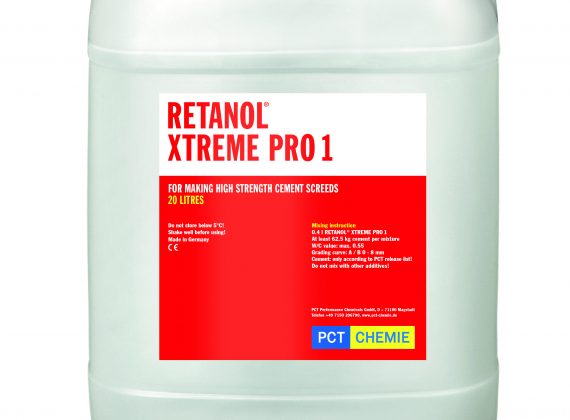
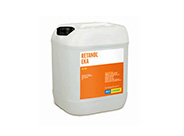
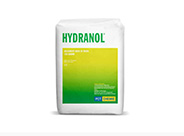
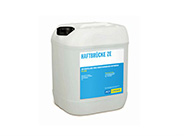
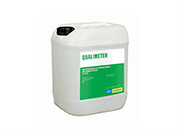



Sorry, the comment form is closed at this time.